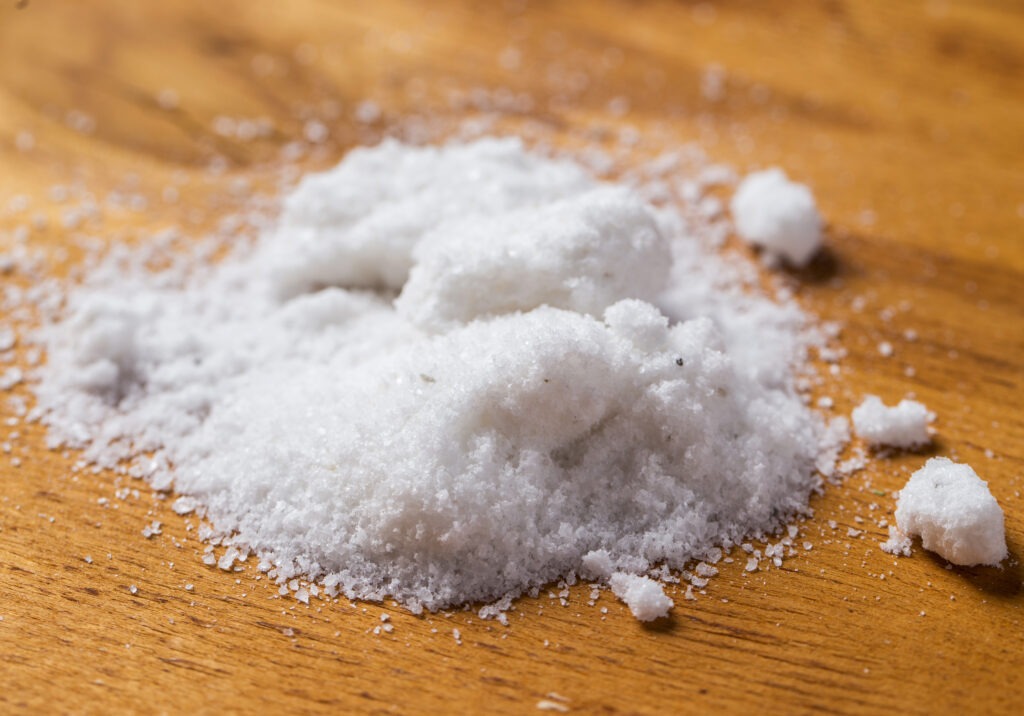The transition away from fossil fuels has sparked a surge in battery demand, yet this shift risks depleting essential metals like lithium and cobalt. Researchers at Chalmers University of Technology reveal a potential game-changer: sodium-ion batteries. These batteries, composed primarily of table salt and forest industry biomass, offer a compelling alternative to conventional lithium-ion batteries. Their groundbreaking study demonstrates that sodium-ion batteries match lithium-ion counterparts in climate impact while sidestepping raw material scarcity concerns.
The European Commission anticipates a soaring need for critical raw materials in batteries as nations pivot towards renewable energy and electric vehicles. However, reliance on limited lithium resources poses a bottleneck for rapid battery production. Sodium-ion batteries emerge as a promising solution, leveraging abundant raw materials while mitigating geopolitical risks associated with sourcing minerals from specific regions. The Chalmers team’s life cycle assessment affirms the viability of sodium-ion batteries, hinting at their pivotal role in realizing a fossil-free future. Additionally, their findings outline pathways to further diminish environmental impact, signaling a sustainable path forward for energy storage technology.
The complete article, Prospective life cycle assessment of sodium-ion batteries made from abundant elements, is available from the Journal of Industrial Ecology.

